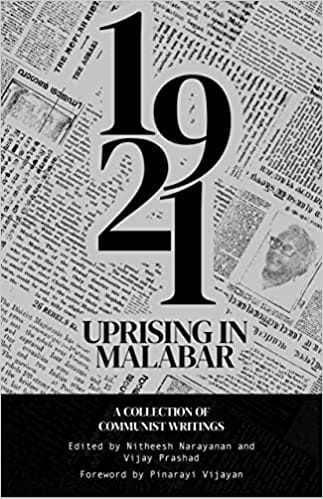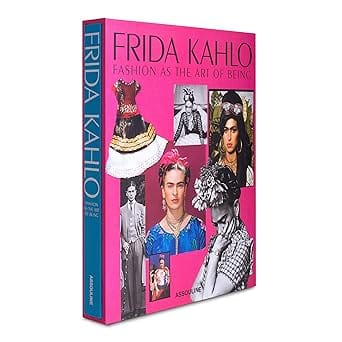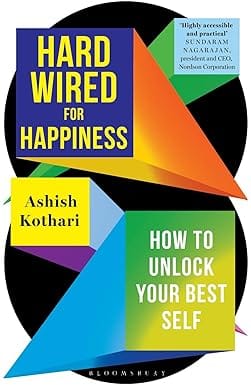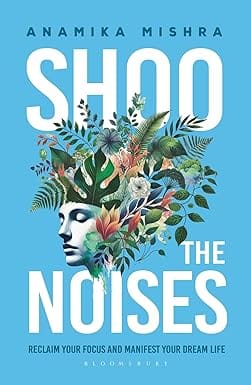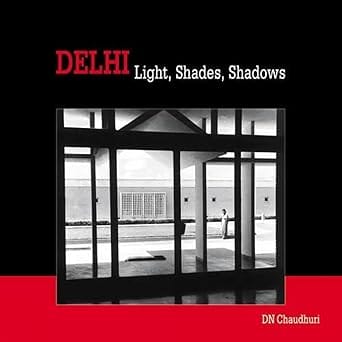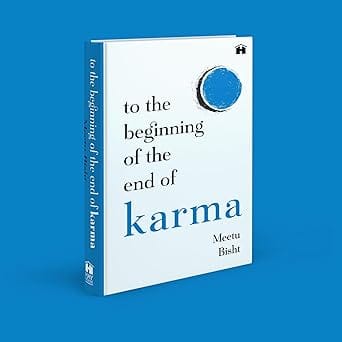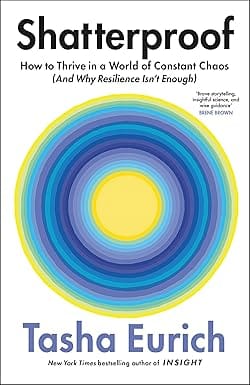WELCOME TO MIDLAND BOOK SHOP!
SHOP FOR
-
Contemporary Fiction
- Contemporary Fiction
-
Children
- Children
-
Comics & Graphic Novels
- Comics & Graphic Novels
-
Non-Fiction
- Non-Fiction
-
Fiction
- Fiction
Shop No.20, Aurobindo Palace Market, Hauz Khas, Near Church +91 9818282497 | 011 26867121
110016
New Delhi
IN
Midland The Book Shop ™
Shop No.20, Aurobindo Palace Market, Hauz Khas, Near Church +91 9818282497 | 011 26867121
New Delhi,
IN
+919871604786
https://www.midlandbookshop.com/s/607fe93d7eafcac1f2c73ea4/677cda367903fd013d69b606/without-tag-line-480x480.png"
[email protected]
9789392018404
625aade3a8f278e85bd34dda
The 1921 Rebellion In Malabar
https://www.midlandbookshop.com/s/607fe93d7eafcac1f2c73ea4/625aade5a8f278e85bd34dff/51ty1gcoyhl-_sx321_bo1-204-203-200_.jpg
9789392018404
In 1921, there was a peasant rebellion in Malabar in present-day Kerala. The British colonialists attempted to give it a communal colour since most peasants were Muslim and the landlords Hindu. This narrative suited the landlords and served their interest. In our own times, forces of Hindutva have adopted the same communal narrative and are attempting to write the Malabar Rebellion of 1921 out of the history of the Freedom Struggle. History, however, is the result of a complex interplay of several factors. The early communists and some secular nationalists understood the rebellion to have a class character, but which would be manifest — due to the land tenure system set in place in Malabar — with religious and caste characteristics. This volume collects six of the definitive Communist voices from 1921 to 2021 that challenge the attempt to communalise the Moplah Rebellion; instead, they offer fact-based, materialist analyses that foreground the class character of the agrarian revolt, the way in which class intersected with other social identities (of religion and caste) in the unfurling of the rebellion, and the national and international shape of the rebellion. Together, these writings give the lie to the Hindutva narrative and assert the importance of rational, secular, and evidence-based history writing.
out of stock
INR
140
1
1
Email ID already exists!
Your Current password is incorrect
Password Updated Successfully
Thanks for your Feedback
- Home
- Non-Fiction
- The 1921 Rebellion In Malabar
The 1921 Rebellion In Malabar
ISBN:
9789392018404
₹140
₹175
(20% OFF)
SIZE GUIDE
Back In Stock Shortly - Fill The Book Request Form
Sold By:
Hauz Khas - Aurobindo Market
Details
- ISBN: 9789392018404
- Author: Nitheesh Narayanan Vijay Prashad
- Publisher: Left Word
- Pages: 115
- Format: Paperback
Book Description
In 1921, there was a peasant rebellion in Malabar in present-day Kerala. The British colonialists attempted to give it a communal colour since most peasants were Muslim and the landlords Hindu. This narrative suited the landlords and served their interest. In our own times, forces of Hindutva have adopted the same communal narrative and are attempting to write the Malabar Rebellion of 1921 out of the history of the Freedom Struggle. History, however, is the result of a complex interplay of several factors. The early communists and some secular nationalists understood the rebellion to have a class character, but which would be manifest — due to the land tenure system set in place in Malabar — with religious and caste characteristics. This volume collects six of the definitive Communist voices from 1921 to 2021 that challenge the attempt to communalise the Moplah Rebellion; instead, they offer fact-based, materialist analyses that foreground the class character of the agrarian revolt, the way in which class intersected with other social identities (of religion and caste) in the unfurling of the rebellion, and the national and international shape of the rebellion. Together, these writings give the lie to the Hindutva narrative and assert the importance of rational, secular, and evidence-based history writing.
Related Books
User reviews
NEWSLETTER
Subscribe to get Email Updates!
Thanks for subscribing.
Your response has been recorded.

India's Iconic & Independent Book Store offering a vast selection of books across a variety of genres Since 1978.
"We Believe In The Power of Books" Our mission is to make books accessible to everyone, and to cultivate a culture of reading and learning. We strive to provide a wide range of books, from classic literature, sci-fi and fantasy, to graphic novels, biographies and self-help books, so that everyone can find something to read.
Whether you’re looking for your next great read, a gift for someone special, or just browsing, Midland is here to make your book-buying experience easy and enjoyable.
We are shipping pan India and across the world.
For Bulk Order / Corporate Gifting
 +91 9818282497 |
+91 9818282497 |  [email protected]
[email protected]
Click To Know More
INFORMATION
POLICIES
ACCOUNT
QUICK LINKS
ADDRESS
Midland Book Shop - Hauz Khas
Shop No.20, Aurobindo Palace Market, Near Church, New Delhi
Shop No.20, Aurobindo Palace Market, Near Church, New Delhi

